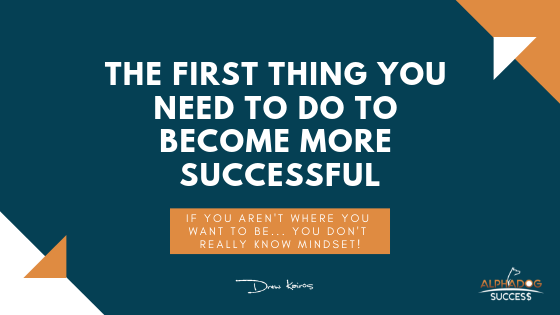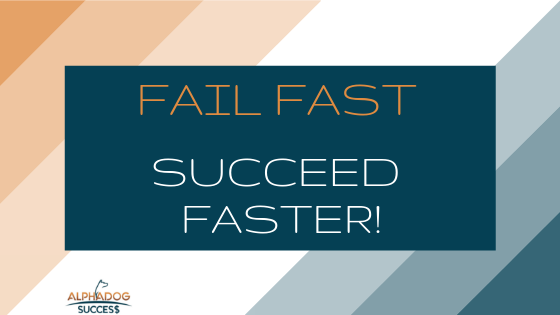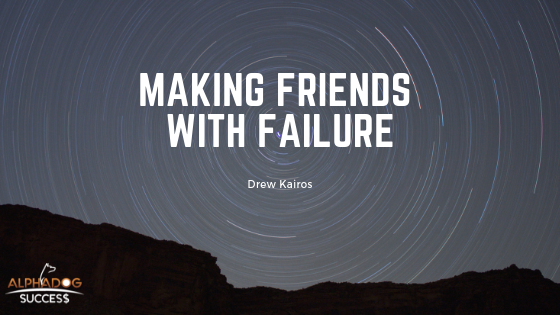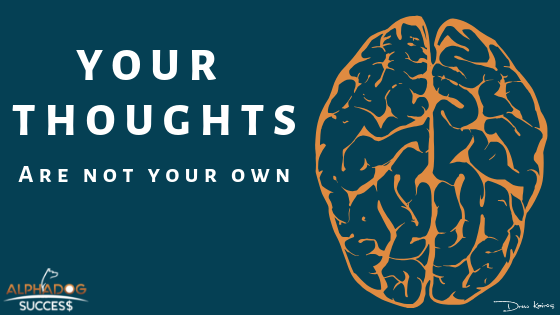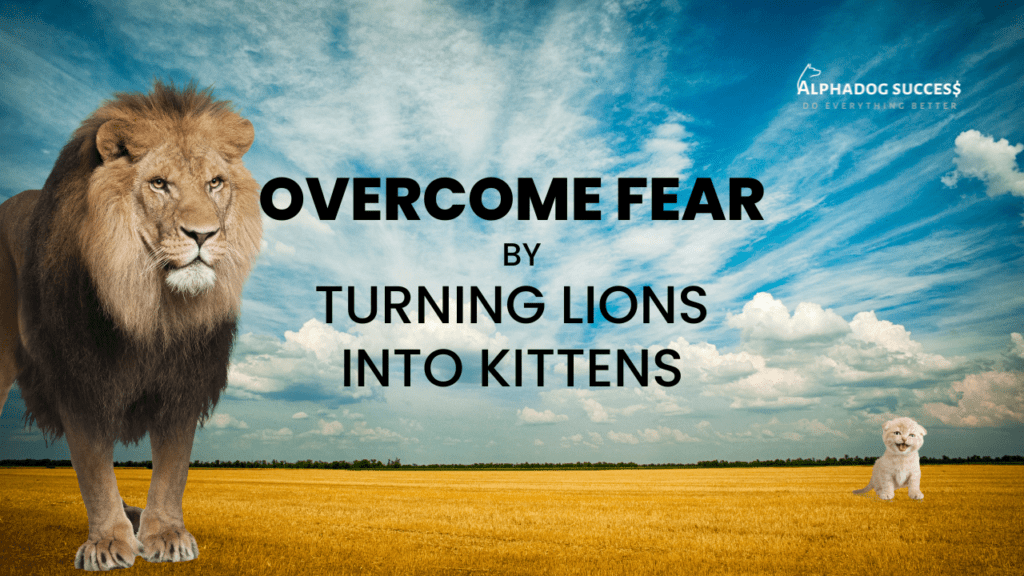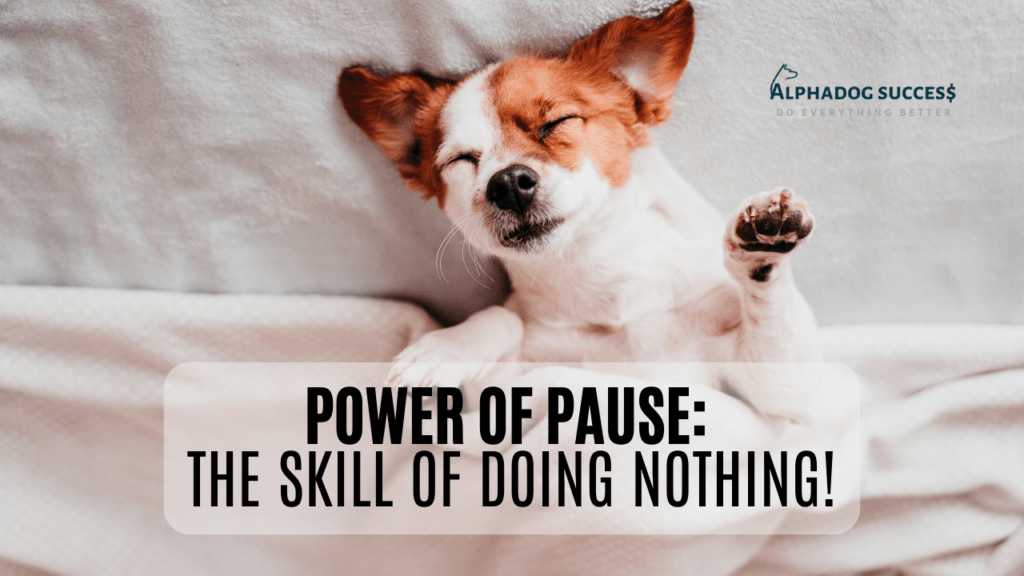The First Thing You Need To Do To Become More Successful
What is the first thing you need to do to become more successful? If you’re reading this, you’re probably thinking, “Okay, I will buy a book or I will sign up for some course.” Other people might think they have to find the right guru or mentor to help them achieve success. Those are important but you’re putting the cart before the horse if that’s your line of thought. There’s something more fundamental you need to do. There’s something more basic you need to attend to first. What am I talking about? I’m talking about beliefs. Pay attention to your mental inventory because until and unless you believe you can change, nothing will happen in your life. This is a powerful form of belief. This is the most important ingredient in the process of changing your results. You’re trying to become more successful, aren’t you? Obviously, if you’re not happy with the results you’re getting. There is the simple matter of changing your results. You want to be more successful but, you don’t automatically assume that you can change. Learn to embrace the possibility of change. Recognize its full features. Stare it in the eyes and let it in. Absorb it. Most people don’t go through this. They subconsciously assume that they can’t change. What happens? They buy book after book, sign up for course after course, take many steps, and end up with a lot of nothing. Why? They built their empire of change on a faulty foundation. It did not occur to them. Change cannot take place unless one truly believes that things could change. Did they truly believe they were worthy of success? No, they didn’t believe they had full authority and ownership of every aspect of their lives. Please understand that you should believe you can change because it is the key that turns the lock of that mental prison you’re in. You’re not locked in the past. Instead, the self-fulfilling prophecies playing out in your subconscious paralyze you and that becomes your future. You should analyze what you’re thinking and what you believe about yourself. If your beliefs are not completely in line with the reality that you want to produce, then you are wasting your time. What do you need to believe to become more successful? Start by believing you can change. Believing you can change means you can effect change all across your life by creating a change on the inside. This means greater power over your circumstances, greater power over your life, and greater power over your opportunities. Say to yourself, “I can change.” Now, repeat it again and again. After you’ve done that, I want you to come up with three solid examples when you decided to make a change. Most people can do this fairly easily because we are highly capable of change. If you want something basic, look at how you learned to ride a bicycle or drive a car. That is change. Why? Because at a certain point in time in your life’s history you did not know how to ride a bicycle, or drive a car. Then you decided that you wanted to learn, and believed that it was within your reach, then you made it happen. Find that point where you switched from not knowing how to ride a bicycle to one who can ride a bicycle. Look for these monumental changes in your life. It doesn’t have to be big. You don’t have to be a hero. It doesn’t have to be overly grand or dramatic but once you base it on the truth of how you’ve changed in the past, it reinforces the means that you can change now. Are you ready to change? If you’re ready to take the next step in your life or business. If you’re ready to stop feeling stuck, insecure, anxious, not good enough, or any other self-deprecating belief…then check out this free email course, or consider signing up with a coach. In this journey with Drew Kairos, you will get access and learn mental frameworks, mind shifts, and powerful successful training needed to unleash a world-class, enlightened, high-impact, abundant, successful entrepreneur. ~Wishing you success!
The First Thing You Need To Do To Become More Successful Read More »

